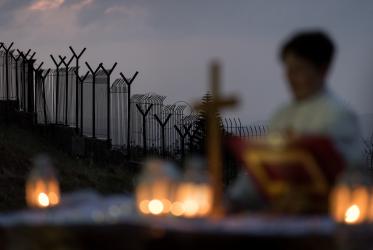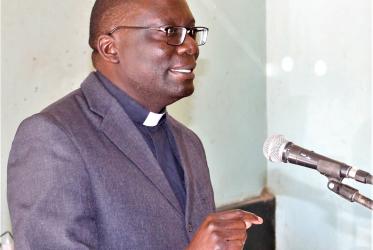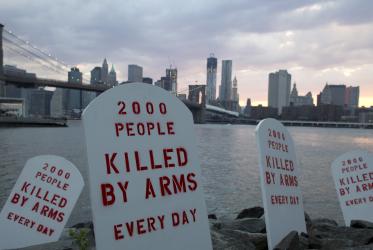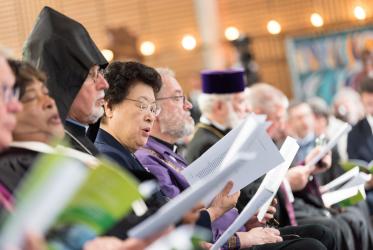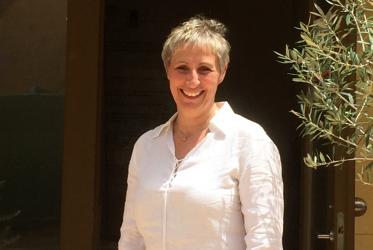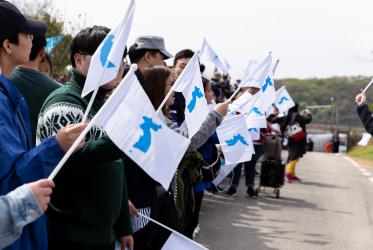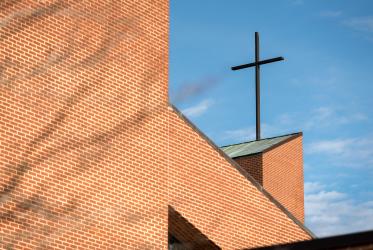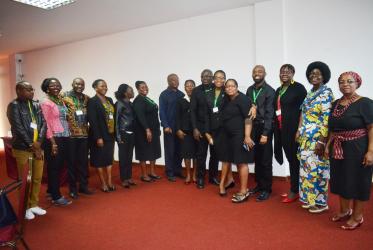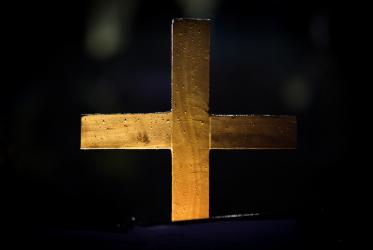Displaying 161 - 180 of 704
World Week for Peace highlights humanity and equality
15 September 2019
Dr Saïd Ailabouni: God is on the side of rejected, oppressed, occupied
12 September 2019
In Fiji, young people ‘walk the talk’ with advocacy
12 September 2019
Council of Churches in Zambia: “Involve the people in the process”
09 September 2019
Pope Francis expresses “fraternal closeness” with Waldensian Methodist
09 September 2019
“Economy of life” lifted up at special school in Indonesia
22 August 2019
UN day on violence victims stresses religious tolerance
22 August 2019
